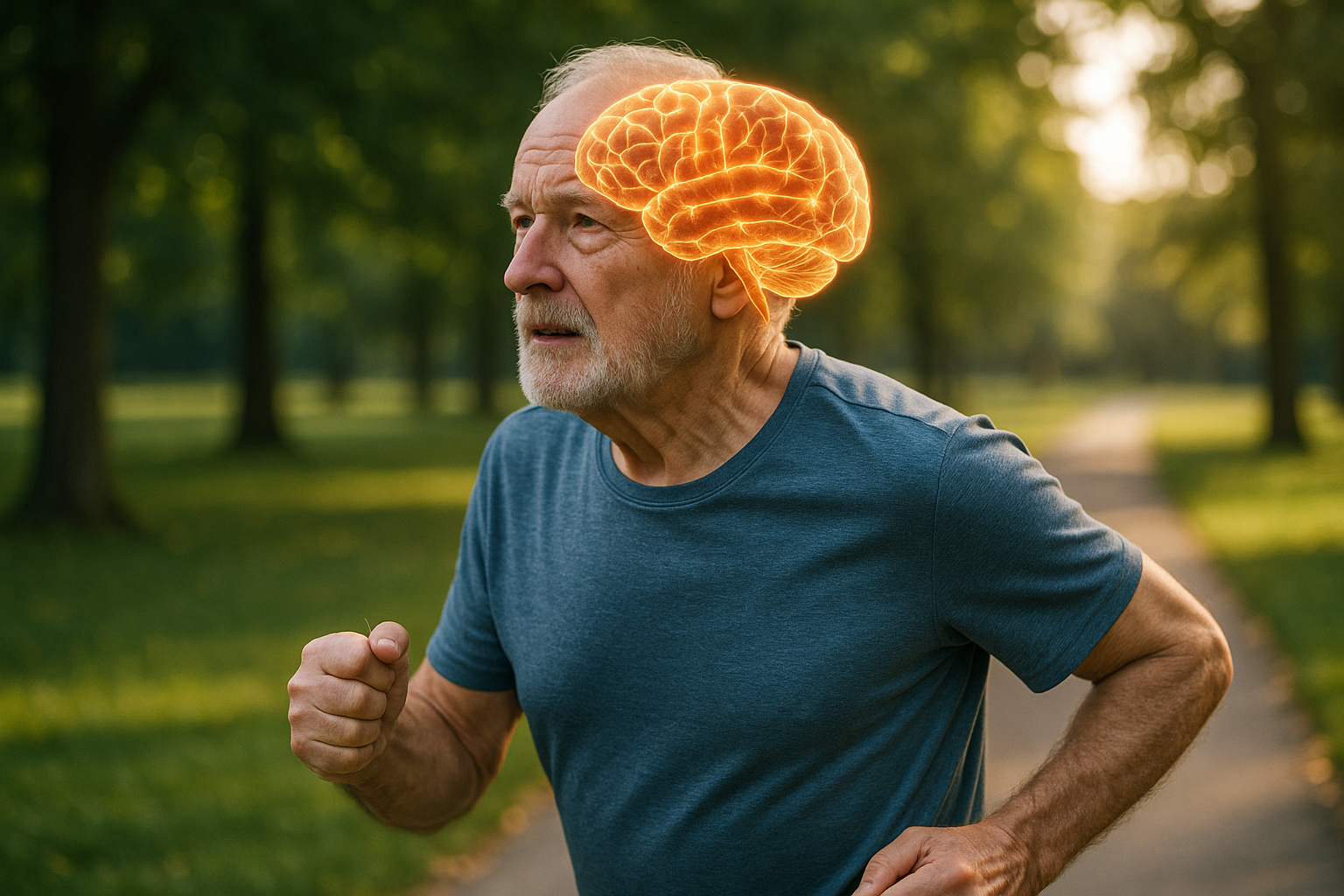Stay Sharp: How to Lower Your Dementia Risk with Smarter Daily Habits
Small changes can have a powerful impact on your brain. From simple exercises and nourishing meals to key supplements and calming mental practices, there are smart ways to support your cognitive health every day. Learn how to protect your memory, stay mentally active, and give your brain the long-term support it deserves. With the right steps, it's possible to reduce your risk and maintain sharper thinking well into the future.

What are the key lifestyle factors that influence dementia risk?
Several lifestyle factors play a crucial role in determining your risk of developing dementia. Regular physical exercise, a healthy diet, social engagement, and mental stimulation are all important components. Additionally, managing cardiovascular health, including blood pressure and cholesterol levels, can have a significant impact on brain health. By addressing these factors through daily habits, you can create a strong foundation for cognitive wellness.
How can exercise help protect your brain from dementia?
Stay sharp with smarter daily habits by incorporating regular physical activity into your routine. Exercise isn’t just good for your body; it’s essential for your brain. Aerobic activities like brisk walking, swimming, or cycling increase blood flow to the brain, promoting the growth of new brain cells and connections. Aim for at least 150 minutes of moderate-intensity exercise per week. Even simple activities like gardening or taking the stairs instead of the elevator can contribute to your brain health.
What dietary changes can reduce your risk of cognitive decline?
Protect your memory with simple changes to your eating habits. A diet rich in fruits, vegetables, whole grains, and lean proteins can support brain health. The Mediterranean and MIND diets, in particular, have been associated with lower rates of cognitive decline. These diets emphasize foods like leafy greens, berries, nuts, fish, and olive oil. Limiting processed foods, sugar, and saturated fats is also beneficial. Remember, what’s good for your heart is generally good for your brain.
How does social engagement impact cognitive health?
Maintaining strong social connections is a powerful way to support brain health. Regular social interactions stimulate various cognitive processes, keeping your mind active and engaged. Join clubs, volunteer, or simply spend more time with friends and family. Social activities that involve learning new skills, such as group dance classes or book clubs, offer additional cognitive benefits. By staying socially active, you’re not only enriching your life but also potentially reducing your dementia risk.
What mental activities can help keep your brain sharp?
Challenging your brain with new activities is crucial for maintaining cognitive health. Learn a new language, take up a musical instrument, or try your hand at puzzles and strategy games. These activities create new neural pathways and strengthen existing ones, potentially building cognitive reserve. Digital brain-training apps can be helpful, but don’t underestimate the power of real-world activities like reading, writing, or engaging in stimulating conversations.
Can supplements help reduce dementia risk?
Reduce dementia risk with key supplements, but approach this strategy with caution. While some studies suggest potential benefits from certain supplements, the evidence is not conclusive. Omega-3 fatty acids, vitamin D, and B vitamins have shown promise in some research. However, it’s essential to consult with a healthcare professional before starting any supplement regimen, as they can interact with medications and may not be suitable for everyone. Remember, supplements should complement, not replace, a healthy diet and lifestyle.
| Supplement | Potential Benefits | Considerations |
|---|---|---|
| Omega-3 fatty acids | May support brain health | Consult doctor if on blood thinners |
| Vitamin D | Could improve cognitive function | Blood tests can determine if needed |
| B vitamins | May slow cognitive decline | Excess intake can mask other issues |
Prices, rates, or cost estimates mentioned in this article are based on the latest available information but may change over time. Independent research is advised before making financial decisions.
In conclusion, reducing your risk of dementia involves a multifaceted approach that incorporates physical activity, a brain-healthy diet, social engagement, mental stimulation, and potentially targeted supplementation. By making these smarter daily habits a part of your routine, you’re taking proactive steps to support your cognitive health. Remember, it’s never too early or too late to start prioritizing your brain health. Small, consistent changes can add up to significant benefits over time, helping you stay sharp and mentally resilient as you age.
This article is for informational purposes only and should not be considered medical advice. Please consult a qualified healthcare professional for personalized guidance and treatment.




